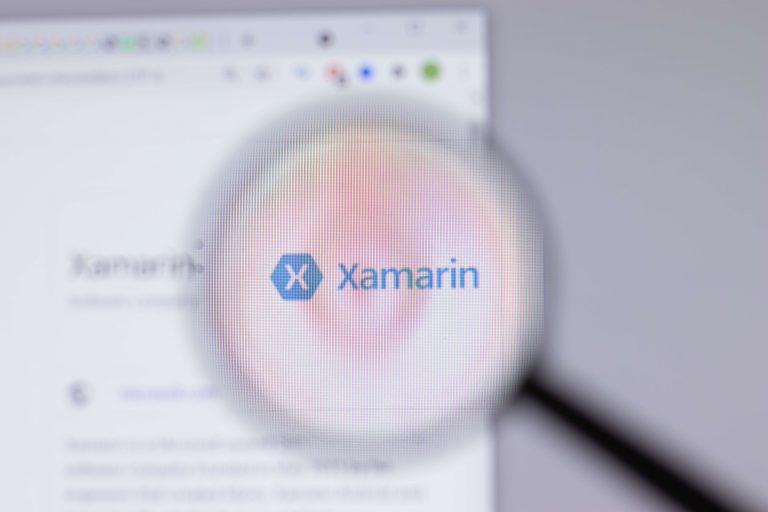In general, native apps are the most powerful, but the most expensive and difficult to build. Web apps are convenient and easy to build, but are limited by what the browser allows. Hybrid apps offer a nice compromise between the two, and are often the most cost-effective option. Apps developed using Apache Cordova, Flutter, Xamarin, React Native, Sencha Touch, and other frameworks fall into this category. Some apps are freeware, while others have a price, which can be upfront or a subscription. In any case, the revenue is usually split between the application’s creator and the app store.[3] The same app can, therefore, cost a different price depending on the mobile platform.

However, the onus is on the user to maintain the native app performance. The user must download and install regular software updates to keep the app running optimally. Web applications are slower and less responsive, but they give you more control over performance. Web apps lack consistency in user experience due to their heavy dependency on browsers. Buttons and menu bar features may be challenging to access from mobile browsers. Browser window resizing may impact the look, feel, and functionality of the web application.
Internet connection
This grants them access to device-specific functions like the camera, microphone, GPS and other hardware features. Moreover, they can also store data on the device and seamlessly communicate with other native apps on the same platform. Hybrid apps achieve the same performance and user experience as native apps at a lower cost. Your developers can build them using commonly used app development languages and technologies like JavaScript, CSS, and HTML5. They can then integrate them with hybrid app development frameworks like Ionic, Cordova, or React Native. Both time and cost of development are lower, but you can still upload them to an app store to enjoy the same reach and discoverability.

Xamarin is a cross-platform software development tool used for native app development on iOS and Android and other platforms that rely on C# as a programming language. Hybrid applications perform differently than native apps in several ways. Hybrid applications are based on web apps and contain the same navigational elements as web applications. Additionally, there is no offline mode for a hybrid application — it only works with an internet connection. In general, native apps have the best overall performance compared to web and hybrid apps.
Why Should I Build a Mobile App Versus a Web App?
Mobile apps offer a more streamlined, ‘contained’ experience that can retain users more successfully than a web app. Let’s take a closer look at why you should want to build a mobile app instead of (or in addition to) a web app. For many businesses, this is the ideal compromise between the simplicity of a web app and added benefits of a mobile app. You should also check out our detailed guide to progressive web apps that includes a detailed overview and 50 PWA examples.
Capacitor is used as the foundation for all apps built with the Ionic SDK. Capacitor is also a popular choice for web developers building apps outside of the Ionic ecosystem, using their web-based UI library of choice. Android is an what is hybrid app development open-source platform developed by Google, while iOS is Apple’s proprietary platform. Both Android and iOS offer a range of features, such as access to the device’s other features, a range of UI components, and native performance.
Deploying to App Stores
Until recently, web apps lacked the functionality of native apps, like the ability to send push notifications, work offline, and load on the home screen. Building a web app is often a good way to test out an idea before investing in a native mobile app. With React Native you can build a real native mobile app that’s indistinguishable from an app built using Objective-C or Java. Made by Microsoft, Xamarin is a platform that lets developers build one app that works on multiple platforms in C#. They also provide free tools to build, test, distribute, and learn from your apps.
To build a web app, you need to hire a web development company or an engineer that knows web development. Apart from Google’s in-house tools, there are also many third-party solutions you can use for Android development. When your native Android app is done, you need to submit it to the Google Play app store where users can download or buy it. Let’s expand on each of these advantages of native app development one by one. Native applications give better performance when compared to web apps.
- Multi-store in NopCommerce refers to the ability to create and manage multiple online stores within a single installation.
- They crash less often, get higher ratings in app stores, and ultimately, lead to happier customers and more downloads.
- It all depends on how close you want to get to the “native user experience” or how simple your app is.
- Raluca coauthored the NN/g reports on tablet usability, mobile usability, iPad usability, and the usability of children’s websites, as well as the book Mobile Usability.
For some companies, their app development project is often tied closely to their marketing goals. They use a progressive web app to reach the largest possible audience and get initial sign-ups. The web app may have limited functionality or offer full-feature free trials for a limited period. The company then uses native or hybrid mobile apps to enhance the experience of paying customers. Dealing with a third party that imposes rules on your content and design can be taxing both in terms of time and money. Native and hybrid apps must pass approval processes and content restrictions imposed by app stores, whereas the web is free for all.

A native app will function without an internet connection, so native development is the best choice if the app is going to be used often in places where there isn’t internet connectivity. If you’re interested in building a mobile app that mixes courses, content, community, and events, come check out Mighty Pro! We’ve built branded apps for Adriene Mishler, Drew Binsky, TED, Cambridge University, and Fortune.
